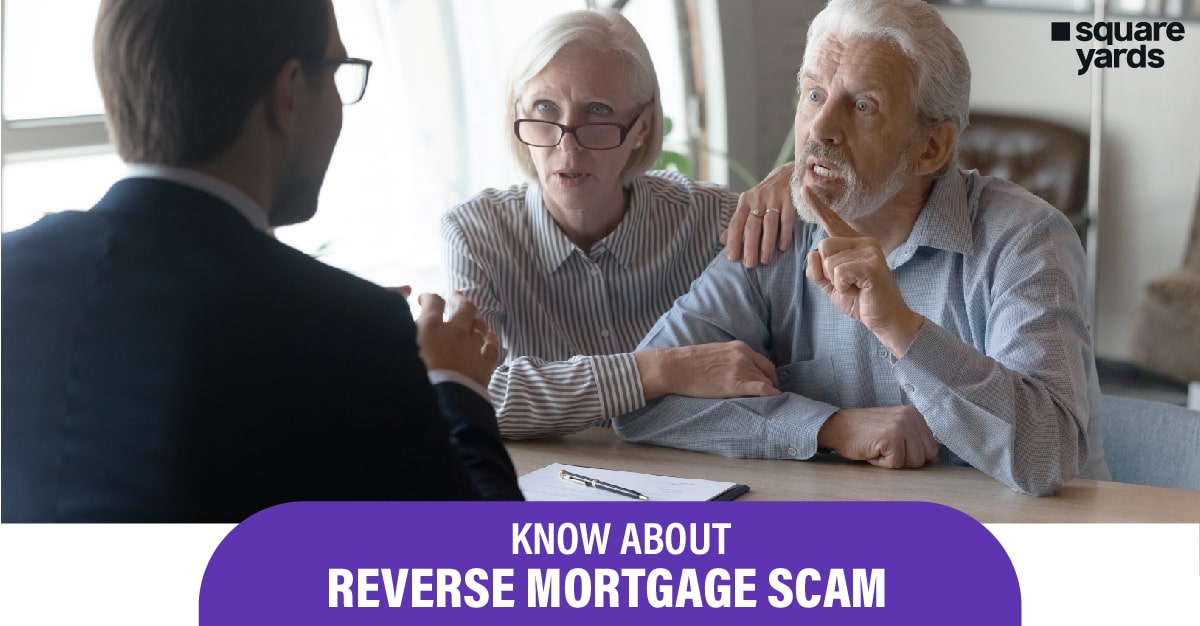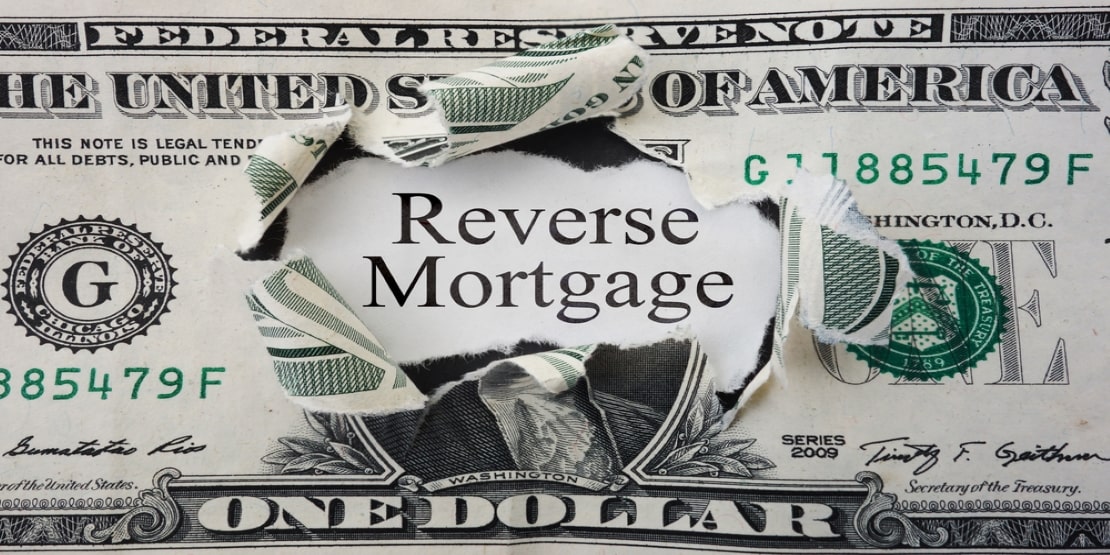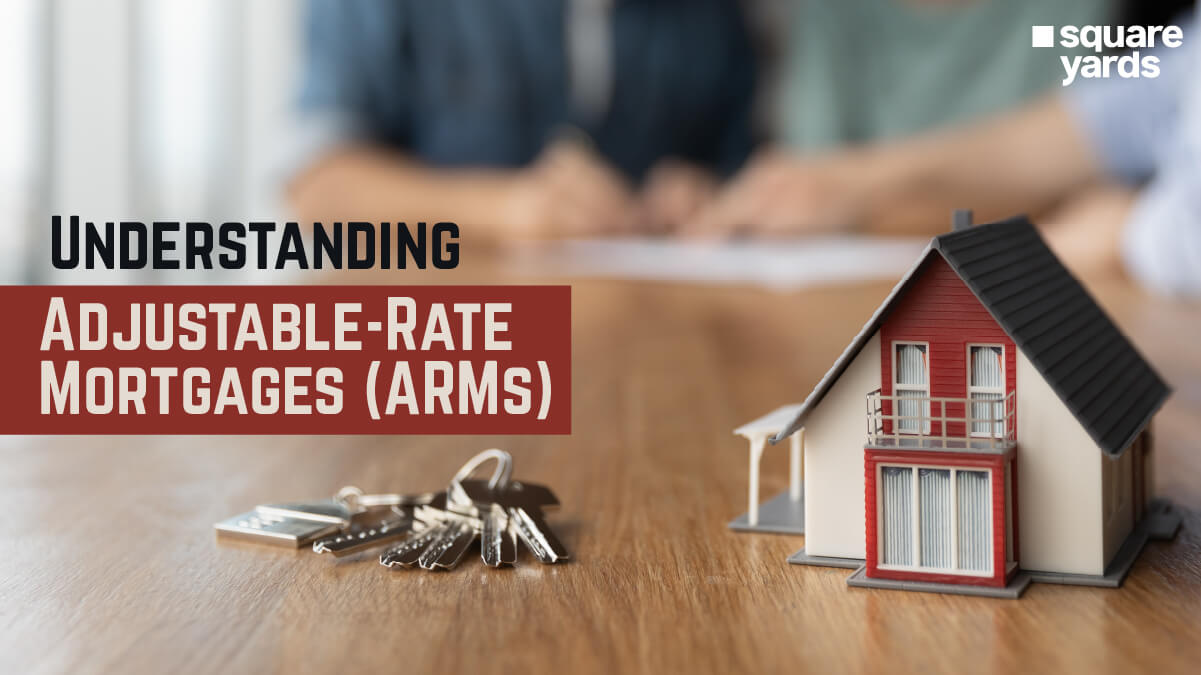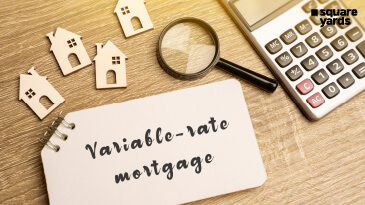You may have seen television commercials touting reverse mortgages as a financial solution for senior citizens. However, do you know that there are daily cases of reverse mortgage scam?
A reverse mortgage is a loan accessible to senior citizens who are homeowners with sufficient home equity. New finance solutions give seniors possibilities when they need money before or after retirement. This blog provides some suggestions on how to get rid of reverse mortgage fraud and scammers.
Overview: Reverse Mortgage Scam
Reverse mortgages refer to loans which enable senior citizens to save their earnings despite wasting a monthly budget. The aim is to provide substantial financial assistance to elders in their golden years. Numerous fraudsters exploit this loan form to cheat elders of their hard-earned savings and assets, including their houses.
In most mortgages, money is borrowed and repaid over time. Your mortgage provider delivers repayment in the form of deposits, monthly installments, or a pipeline of credit set based on the percentage of the house. Reverse mortgages focus in a different direction. Rather than paying off a loan, it accumulates your debt, which you don’t repay until you sell or shift to another home.
For instance, Home Equity Conversion Mortgage (HECM) is authorized by the Federal housing administration and granted by private mortgage investors. It is the most accessible reverse mortgage. This loan is for homeowners who are 62 or above, have a lot of savings and want to invest them. Recently, in 2021, $822,375 was the maximum loan amount. However, several other lenders are available in the market for reverse mortgages that might suggest better options but remember that fees could also be exorbitant.
Common Reverse Mortgage Scams
New real estate and financial services scams emerge every day, and fraudsters are coming up with creative ways to attract clients that look fascinating but are really a trap. Some of the common reserve mortgage scam are listed:
- Scheme for Reverse mortgage interest: A salesperson might manipulate you to reverse your mortgage for property ownership by investing the funds in life or term insurance that promises a good return. The purchases could be fake, or the mortgage broker could charge exorbitant fees. The counsel fails to mention that the revenues may not be enough to cover the monthly mortgage financing costs on the reverse mortgage debt.
- Home Fraudsters: The con agent suggests methods like utilising reverse mortgage funds to purchase another house and resale it for twice the price, but they might be fooling you. For example, real estate salespeople and mortgage loan executives may work together to create compensation from the acquisition and can sell off your home without telling, regardless of them receiving profit from the generated client reverse mortgage.
- Home improvement scam: Someone might come to your house and offer consultation, but you don’t know if the con artist is working with the person you hired. The repairman can be a complicit in collecting a percentage on the reverse mortgage scheme. However, repair charges are frequently high, and if the borrower denies, the handyman might record a promissory note; such scammers presume that the homeowner would not contact local professionals to verify the work’s necessity or investigate other home renovation financing possibilities. In short, do not fall for such situations.
- Planned scheme: Fraudsters prey on low-income elders who have difficulty making their mortgage or paying their health care costs. They may use advertisement themes like “halt bankruptcy immediately” or “100% cashback assurance” to entice consumers. They may demand an advance or fee to expedite the permitting process, and after paying, they will vanish without information.
Moreover, you provide the money and the bill data to whomever, but the fraud keeps the money, and the invoices get unpaid. - Reassurance for Mortgage fee: It is possible to be duped by a fraudster into taking out a reverse mortgage loan that is not guaranteed by the FHA (Federal Housing Administration). The fraudster may claim that the expenses are lower and the loan is easier to obtain than the FHA protection, and you will get your money back soon. The agent could be promoting a customised reverse mortgage package that lacks the FHA’s home equity conversion mortgage (HECM) service’s safety. We recommend consulting a professional HUD (Housing and Urban Development) counsellor. They secure HECM loans against elders with no extra hassle.
- Fool by relatives: Instead of supporting the elderly landlords, relatives encourage older relatives to break a reverse mortgage and exploit the property for their purpose. According to the Consumer Financial Protection Bureau, some family members may even fake an older relative throughout the loan procedure. Relatives may benefit from the emotional or physical disadvantages of the elderly instead of sharing their pain. They might even persuade the owner to submit an attorney, giving them sole capital from the mortgage loan.
Red Flags of Reverse Mortgage Scam
The Consumer Financial Protection Bureau (CFPB) prosecutes firms that use misleading reverse mortgage promotional strategies. Here is some terminology that should serve as a warning to stay away from a corporation as well as their claims:
-
- You receive an unauthorised proposal from the fraudster.
- The con agent claims to be the only lender or salesman you must contact.
- The fraudster claims that a reverse mortgage is the answer to most of your financial woes.
- The grifter is attempting to offer you a credit default swap.
- The scammer tries to deliver funds for a residence you did not purchase.
How to Avoid Reverse Mortgage Scam
You must consult a licensed housing counselor from the US Department of Housing and Urban Development (HUD) before taking out a reverse mortgage. Look around for a reliable bank and verify the successful business organization for any grievances. “The FHA insures a valid reverse mortgage, so consumers get to ensure that the form of debt they are searching is correct and safe,” says Jeff Taylor, founder and managing partner of Mphasis Digital Risk.
However, if you’re seeking a reverse mortgage, it is vital to get advice from your existing lender or a trustworthy mortgage broker. If your current lender does not provide reverse mortgages, they will assist you in contacting a reputed one.
Once you’ve identified a reverse mortgage, made your mind up, sought professional counsel, and ensured you’ll have quite enough money to pay your fees and property insurance each year. An inability to do so is the primary factor of bankruptcy. Lastly, ensure you visit the closure and physically accept any money.
Report Reverse Mortgage Fraud
If someone anticipates reverse mortgage fraud, the Federal Trade Commission (FTC) recommends legal action. You can register a charge sheet concerning reverse mortgages with your local prosecutor, finance authority, or the Federal Trade Commission. However, if you still believe the bank with whom you are working is authentic, but one of their representatives is acting suspiciously, you must inform the company.
Learn to Say No to Reverse Mortgage
However, if you have completed the overall reverse mortgage loan procedure, still you retain the right to cancel your registration because this is your right of revocation.
Moreover, it allows you to reject the document with a written declaration within three days after you can sign it. Even though you don’t agree with some of the clauses, the lenders cannot compel you to accept the documentation.
Types of Reverse Mortgage Scams on Seniors
There are different types of reverse mortgage fraud performed by scammers on senior citizens. As a result, we’ve included some of them below to keep you alert to potential scams.
-
Flipping Fraud
The flipping fraud is a type of reverse mortgage scam which involves smooth-talking realtors seeking out senior citizens and influencing them to take out a reverse mortgage. In this scam fraud, realtors persuade them to purchase a lower-cost house even without putting any money down. Unfortunately, fraudsters come up with properties that are adversely distressed and are given a face-lift to attract seniors by attracting them through fake curb appeal. The houses are actually in poor condition.
The fraudsters help seniors acquire a special kind of reverse mortgage under the name of a HECM (Home Equity Conversion Mortgage) in order to pay off the house. Next, scammers figure out a way to divert the proceeds to themselves. The seniors are hoaxed with the falsehood that they are obtaining a reverse mortgage via the HUD (Housing and Urban Development) programme when they are actually being abducted to the cleaners.
-
Request for Inappropriate Documentation
Reverse mortgage on the seniors also involves improper documentation. Most fraudulent reverse mortgage realtors deceive seniors by posing as trustworthy and legitimate lenders.These misleading lenders could also ask you for sensitive documents or money claiming a need for the approval. Please always bear in mind that a legitimate lender will never ask you for money or sensitive documents prior to the approval of the mortgage.
-
Vendor and Contractor Fraud
Fake vendors and contractors also practise scams with the seniors who look for the home improvement vendors or contractors for help. Usually a contractor fraud involves corrupt home-improvement vendors and contractors objectifies the senior age group with a fake scheme that tries to sell them remodelling projects, repairs, and several other home-improvement assistance.
Following this when they influence the target audience to avail the scheme there comes the call to action time for the fraudsters. When the seniors show concern about the payment that time the fraudsters come up with the solution of a reverse mortgage. This is an excellent opportunity for the vendors or contractors to get paid, this usually doesn’t come under the best interest of the homeowner.
If you actually feel the requirement for home repairs and do not find any other way to pay HELOC (Home Equity Line of Credit) or a home equity loan could be the far more reasonable and consequential alternatives. Any contractor or home improvement vendor who proposes you to pay for work with the help of a reverse mortgage proceeds is not anyone you want functioning in your home. Despite everything, their work might be as shady as their financial guidance.
Conclusion
Older householders with strong capital in their houses who desire to turn it into extra income may benefit from reverse mortgages. On the other hand, malicious people often approach seniors by making false promises about how reverse mortgages work.
Therefore, go through each detail mentioned above before you practice a reverse mortgage system and learn how to avoid several reverse mortgage scam or where to report these frauds to.
You Can Also Read
| Seven Major Real Estate Frauds | Mortgage Stress Test Rules |
| Know About Reverse Mortgage in Canada | Credit Score for a Mortgage |
| Assumable Mortgage | Canada’s 2022 Mortgage Rates |
Frequently Asked Questions (FAQs)
A reverse mortgage is a loan accessible to senior citizens who are homeowners with sufficient home equity.
In a recent Equifax poll, 53% of respondents said mortgage fraud is becoming more prevalent in Canada. Mortgage fraud is a major worry because the state's property market is notoriously tough to break into, particularly for the first purchasers.
In Canada, anybody accused of fraudulent over $5,000 risks a maximum penalty of ten years in jail; there is no minimum penalty. However, a proposal was tabled in the House of Commons to make everyone who bankrupts individuals of further than $1 million serve a compulsory two-year sentence.
Individuals who own a residential property, be it a flat or house, and are aged 55 years or above, are liable to qualify for a reverse mortgage. This mortgage helps these Canadian homebuyers to convert 55% of their house's value into cash that is tax free whilst they still live on that property.
Although reverse mortgages are completely legal in the personal loan world, if you’ve been scammed in any way, you can simply contact the fraud reporting system of Canada, i.e., the Canadian Anti-Fraud Centre. What is reverse mortgage?
How common is mortgage fraud in Canada?
Can you get punished for mortgage fraud in Canada?
Who Qualifies for a Reverse Mortgage?
Who should I contact if I think I’m being scammed?

















